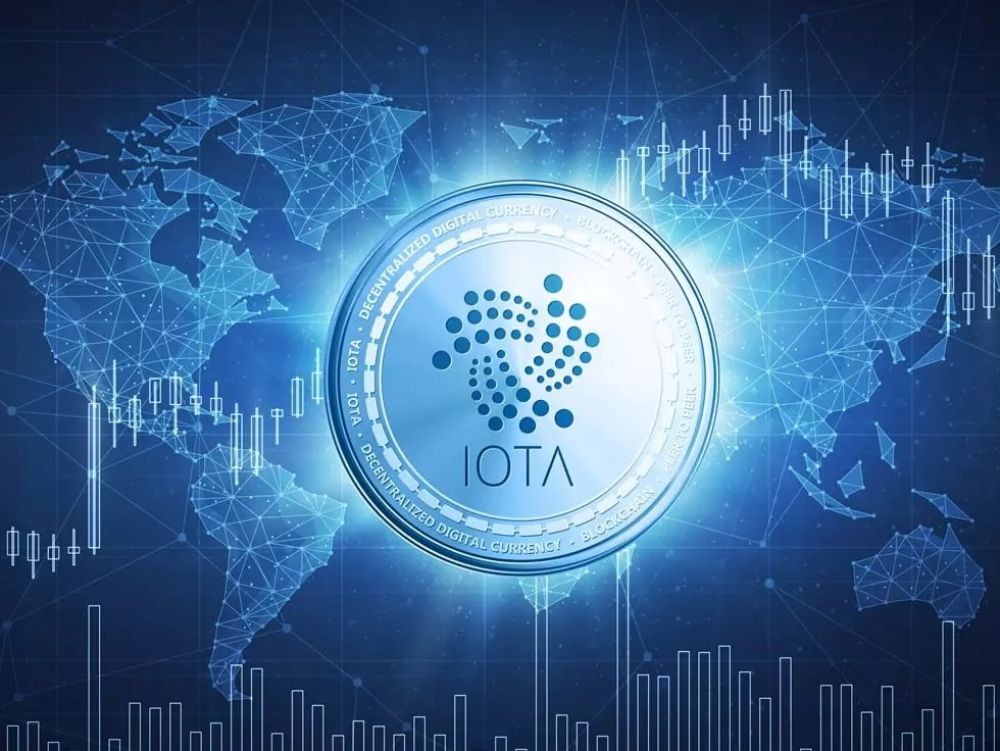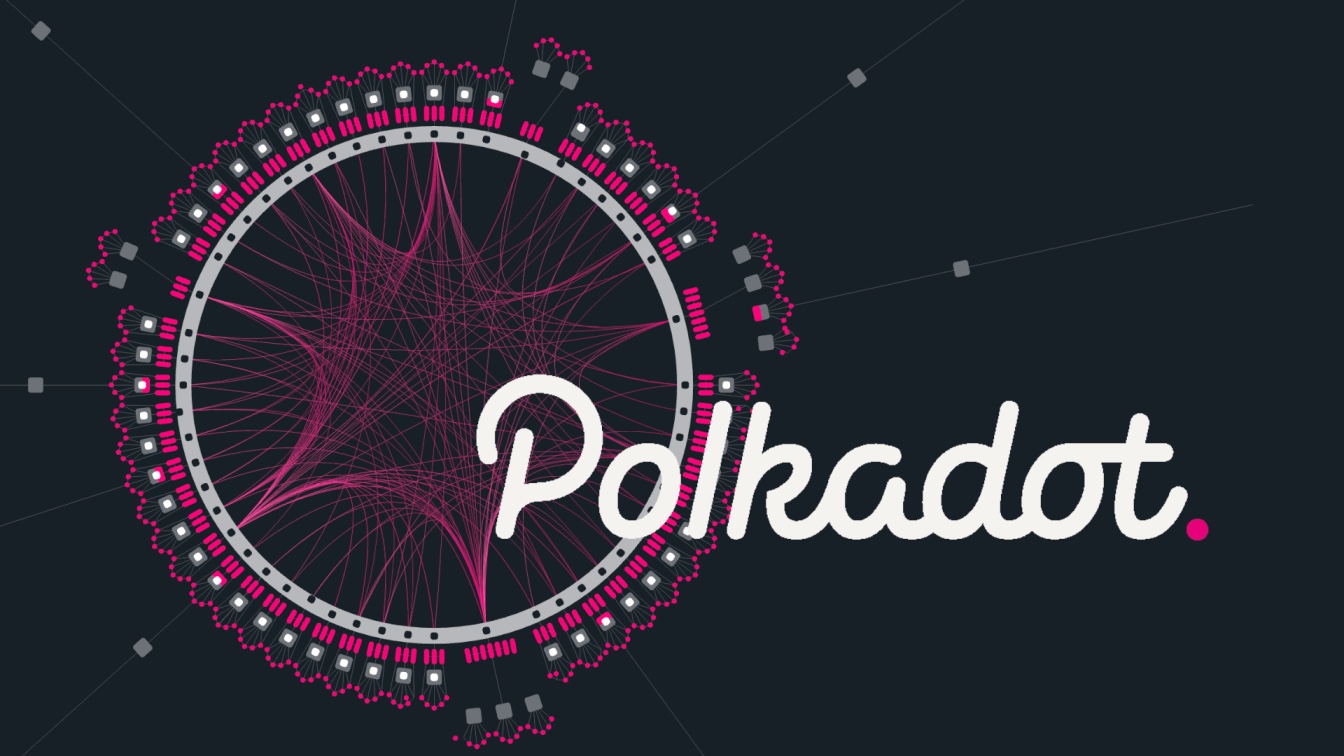|
Getting your Trinity Audio player ready...
|
IOTA’s innovative distributed ledger technology presents an exciting opportunity to build a truly peer-to-peer sharing economy. By removing corporate intermediaries, IOTA facilitates direct exchange of value between individuals and devices in a trusted, decentralized manner. Real-world examples provide a glimpse into this emerging decentralized future.
Ride sharing
In ride-sharing, IOTA would allow direct payments between passengers and drivers without a centralized service taking a cut. Drivers already using IOTA-based CarPass report greater earnings from avoiding platform fees. Such transparency and cost savings create fairness for riders and providers. Ride costs could be automatically calculated based on distance traveled using Internet of Things (IoT) location data. Reviews could be published on IOTA’s immutable ledger.
Home sharing
For home sharing, hosts could list properties on IOTA-based marketplaces and receive bookings through smart contracts rather than a centralized agency. Guests could then leave verified reviews. Payments would transfer directly between the host and guest with negligible transaction costs. IoT integration means doors could unlock automatically based on the smart contract.
Internet of Things (IoT)
IOTA’s feeless micropayments are ideal for the Internet of Things. With connected devices transacting seamlessly, an IoT network could enable decentralized sharing of services and resources. For example, a device could pay micro-transactions to access extra bandwidth, electricity, or computing power from another device.
Related: IOTA 2.0’s Tokenomics: A Revolutionary Model for a Fee-less Future
Consumers could also tap IoT and IOTA to share bandwidth from their home WiFi routers, earning passive income when nearby devices piggyback the signal. In a similar manner, owners of electric vehicle charging stations could configure smart contracts to precisely bill other EV drivers for the electricity consumed.
Computational resources
For computational resources, a decentralized cloud network can be constructed using IOTA where individuals and companies share spare computing power – a kind of Airbnb for cloud computing. Usage can be precisely tracked with micropayments executing automatically based on consumption.
Decentralized, community-run car and bike sharing
IOTA’s innate coordination features even enable decentralized, community-run car and bike sharing without rental shops as intermediaries. Transactions on IOTA inherently enhance machine learning and allow low-power IoT systems to interact, strengthening the network.
By removing corporate intermediaries that extract value, IOTA’s sharing economy leverages automation, decentralization and transparency to unlock more value for users. In an increasingly interconnected world, IOTA allows direct exchange of value at a grassroots level – heralding a paradigm shift in peer-to-peer cooperation.
Also read: IOTA 2.0: The blockchain of the future, poised to revolutionize the global economy- Are You Ready?
Conclusion
IOTA’s innovative DLT has the potential to revolutionize the sharing economy. By removing corporate intermediaries and enabling the direct exchange of value between individuals and devices, IOTA can create a more fair, efficient, and transparent system for sharing goods and services. Real-world examples provide a glimpse into this emerging decentralized future, where IOTA could be used to power everything from ride-sharing and home-sharing to decentralized cloud networks and IoT-based micropayments.
As IOTA continues to mature and gain mainstream adoption, its potential to create a new decentralized sharing economy will become increasingly evident.
I’m the cryptocurrency guy who loves breaking down blockchain complexity into bite-sized nuggets anyone can digest. After spending 5+ years analyzing this space, I’ve got a knack for disentangling crypto conundrums and financial markets.




